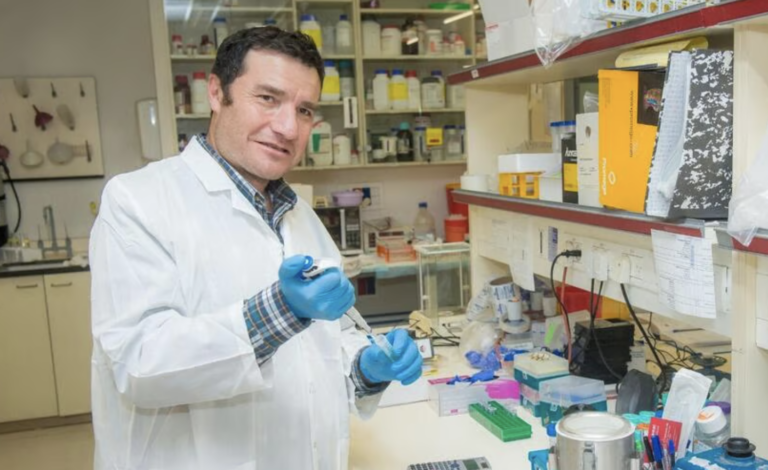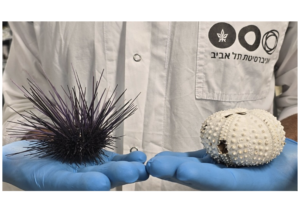Hebrew U.: making sesame seeds a growth area in global food production

Many people think of sesame seeds as a topping on hamburger buns at profitable global fast-food chains. But in fact the crop has traditionally been unprofitable and difficult to harvest because it produces a low yield. A high percentage of sesame seeds grown are not suitable for human consumption. Now a Hebrew University of Jerusalem agricultural researcher has discovered a way to increase the yield and nutritional quality of this important but challenging food crop.
By screening more than 100,000 sesame seed variants, Dr. Zvi Peleg has found a way to develop a new elite sesame cultivar with enhanced yield and seed quality suitable for modern agricultural practice. Peleg is a senior lecturer at the Hebrew University’s Robert H. Smith Institute of Plant Sciences and Genetics in Agriculture.
For some 5,500 years, sesame has been grown as an oil-crop in Asia’s Far East and Africa. In Israel and some other Middle Eastern countries, where falafel is a culturally iconic food, tahini (or tehina) sauce, made from sesame, is an essential condiment. Peleg’s innovation facilitates the use of sesame as part of a farmer’s crop rotation between cereal crops, while at the same time making it high-yield. As a result, it contributes to more sustainable agriculture and helps prevent the development of herbicide resistance weeds.
As a new summer crop, sesame is essential for agriculture in Israel and around the world, according to Peleg. Global production of sesame currently stands at 4.4 million tons, with a projected growth value of between 5 and 10 percent yearly. “The increase in global demand for sesame products as a health food has turned this highly domestic consumption item into an important export commodity for Israel,” said Dr. Peleg.
Sesame seed contains about 20 percent protein, along with healthy oils and carbohydrates. It is one of the highest oil content crops, broadly ranging from 34 to 63 percent. Sesame seeds are rich in essential nutrients such as iron, zinc and calcium. Peleg’s innovation could improve the bio-availability of these essential nutrients and therefore hold health benefits for consumers.
Peleg conducts his research at the Hebrew University’s Robert H. Smith Faculty of Agriculture, Food and Environment, located on the university’s Rehovot campus. He serves on the editorial boards of various peer-reviewed plant journals. In recognition of his finding, Dr. Peleg has been awarded the Kaye Innovation Award for 2015.
The Kaye Innovation Awards at the Hebrew University of Jerusalem have been awarded annually since 1994. Isaac Kaye of England, a prominent industrialist in the pharmaceutical industry, established the awards to encourage faculty, staff and students of the Hebrew University to develop innovative methods and inventions with good commercial potential, which will benefit the university and society. The Hebrew University of Jerusalem is Israel’s leading academic and research institution, producing one-third of all civilian research in Israel.
Text written by Richard Macales






